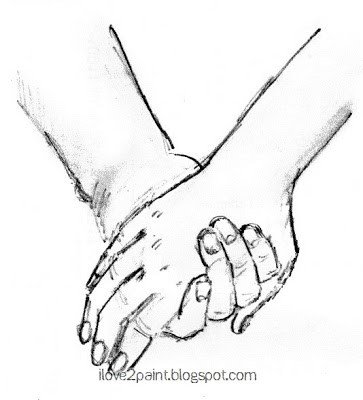Bereavement Brochure
Colusa Medical Center
(Hospice)
Bereavement Program
You are not alone…
Rev. W. Thomas McRee
Bereavement Coordinator
530-619-0875 (x3377)
Bereavement Coordinator
530-619-0875 (x3377)
“All humans share one common phobia; the fear of the unknown.”
Anthony Thomas
“No one ever told me that grief felt so like
fear.”
‘A Grief Observed’ C.S. Lewis


199 E. Webster Street,
Colusa, CA 95932



Bereavement Program
You are not alone…
“Goodbyes are not forever.
Goodbyes are not the end.
They simply mean I’ll miss you,
Until we meet again!”
Goodbyes are not the end.
They simply mean I’ll miss you,
Until we meet again!”


Bereavement Program


Grief is Different for Everyone.
Some people show little outward expression of emotion when a loved one passes and others seem not to be able to control the outpouring of feelings. … Not everyone mourning a death experiences the same feelings or trials, because everyone is unique.
What to Expect: Two Weeks
Within two weeks after the death of your loved one, a sympathy card will be sent to you.
Three Weeks
After three weeks, a bereavement letter will be sent to you giving you support and outlining the hospice bereavement services you will be receiving.
Three to Five Weeks
Within three to five weeks a bereavement assessment will be completed by the Bereavement Coordinator or a trained bereavement team member. This assessment will note and observe your symptoms related to grief and bereavement. The Bereavement Coordinator will then render a professional judgment as to whether you are experiencing normal grief, moderate grief, or a severe grief reaction and modify your bereavement plan and make referrals accordingly.
One to Twelve Months
From the first month to the last you will receive regular contact including support phone calls from a members of the bereavement team and mailings on various grief related topics based on your individual needs at: 3 months, 6 months, 9 (at 12 months client(s) will also receive an invitation to attend our Annual Memorial/Remembrance Service).
In Addition
You will have access to our bereavement support group available on the first Wednesday of the month 10-11:30 AM (sessions cover a variety of issues such as: grief vs. mourning, remembering loved ones, role changes, coping with stress, self-care and handling the holidays) and you will have access to our lending library of grief literature to help you through your grieving process.
Thirteenth Month
At the end of your program, the bereavement team will reevaluate your situation. If you are no longer in need of hospice bereavement services you will receive your final phone call and mailing (usually a wrap-up letter and a satisfaction survey). If further services are warranted at that time, you may receive an extension of your bereavement services or receive resources and/or referrals depending on your current needs.
For more information
call the Bereavement Coordinator
530-619-0875 (x3377)
call the Bereavement Coordinator
530-619-0875 (x3377)
